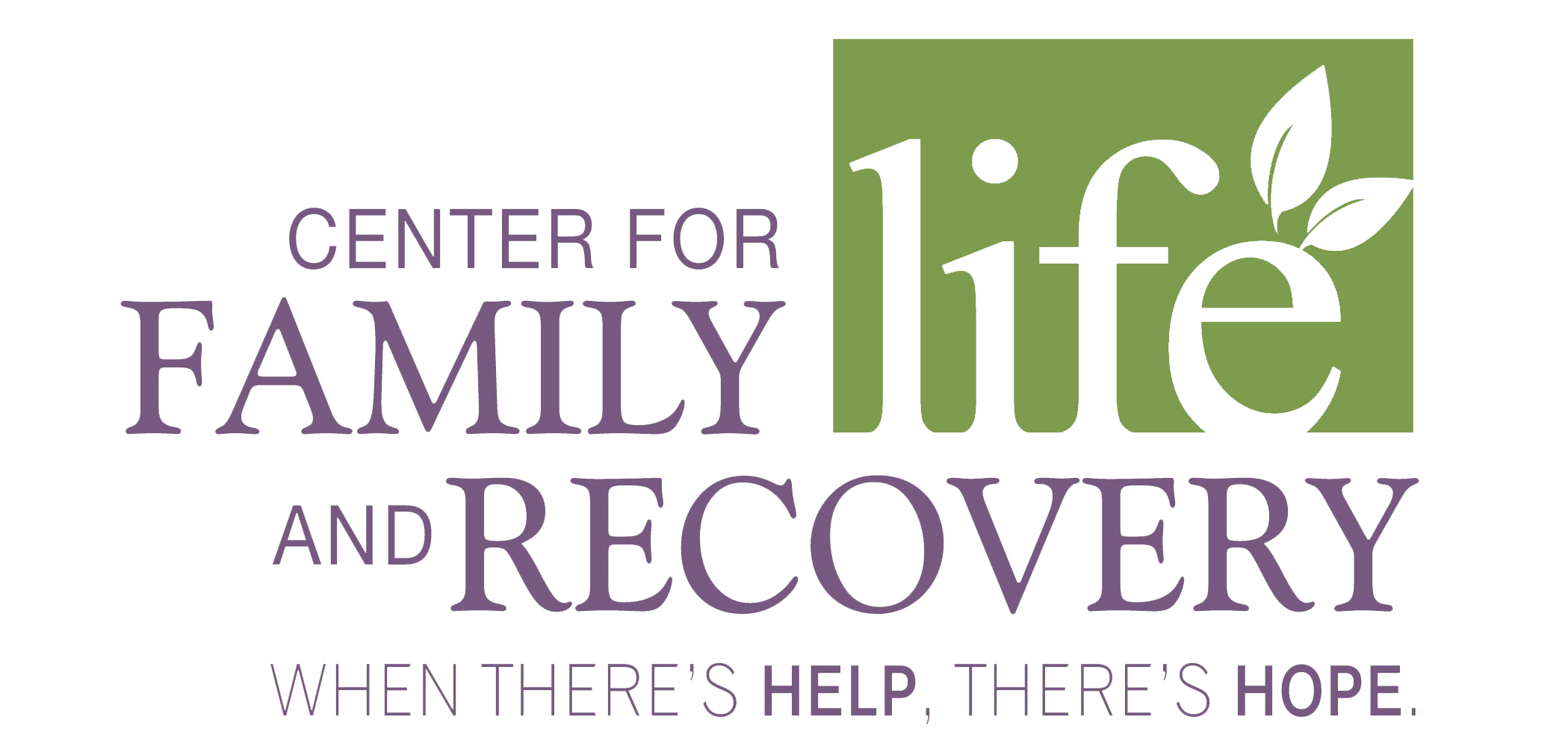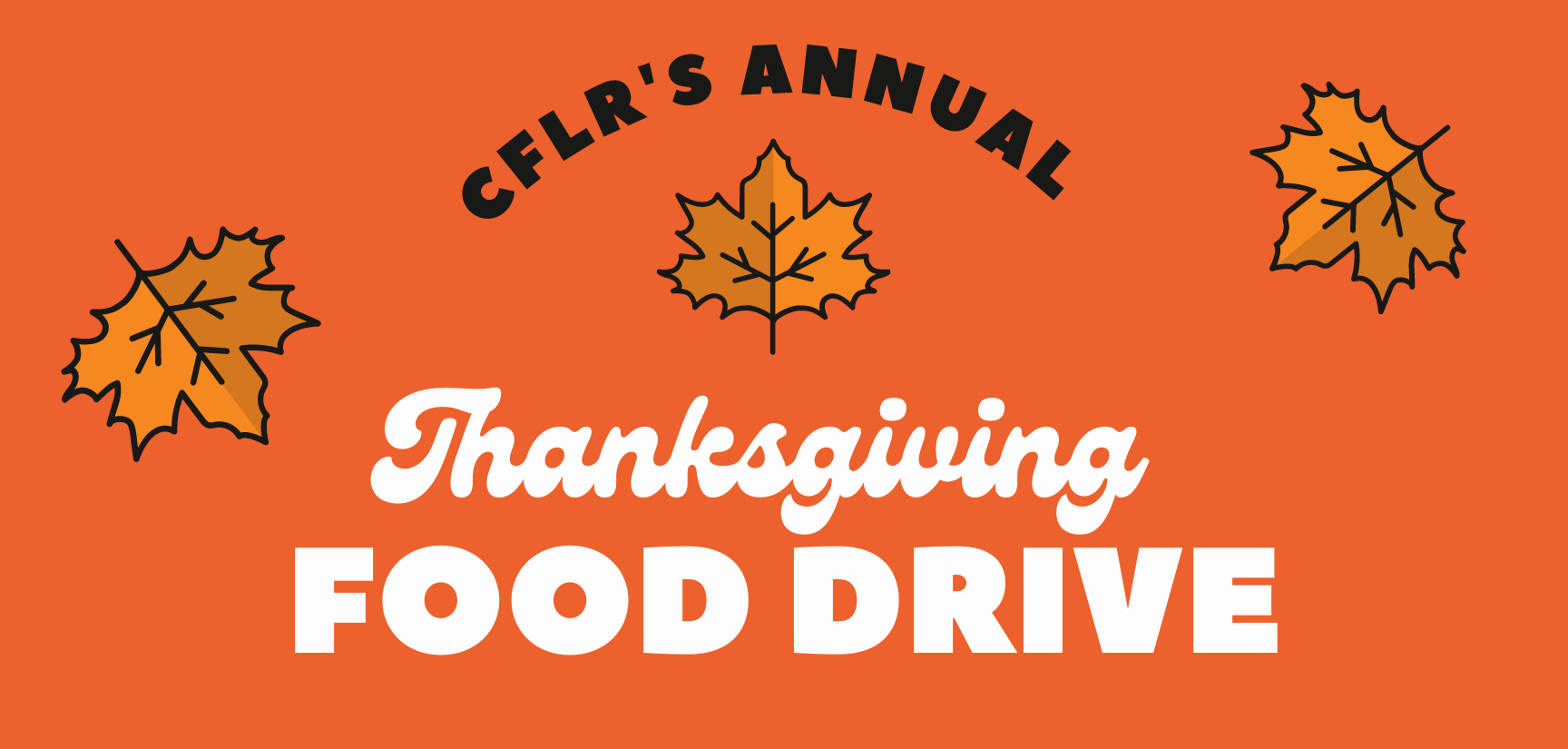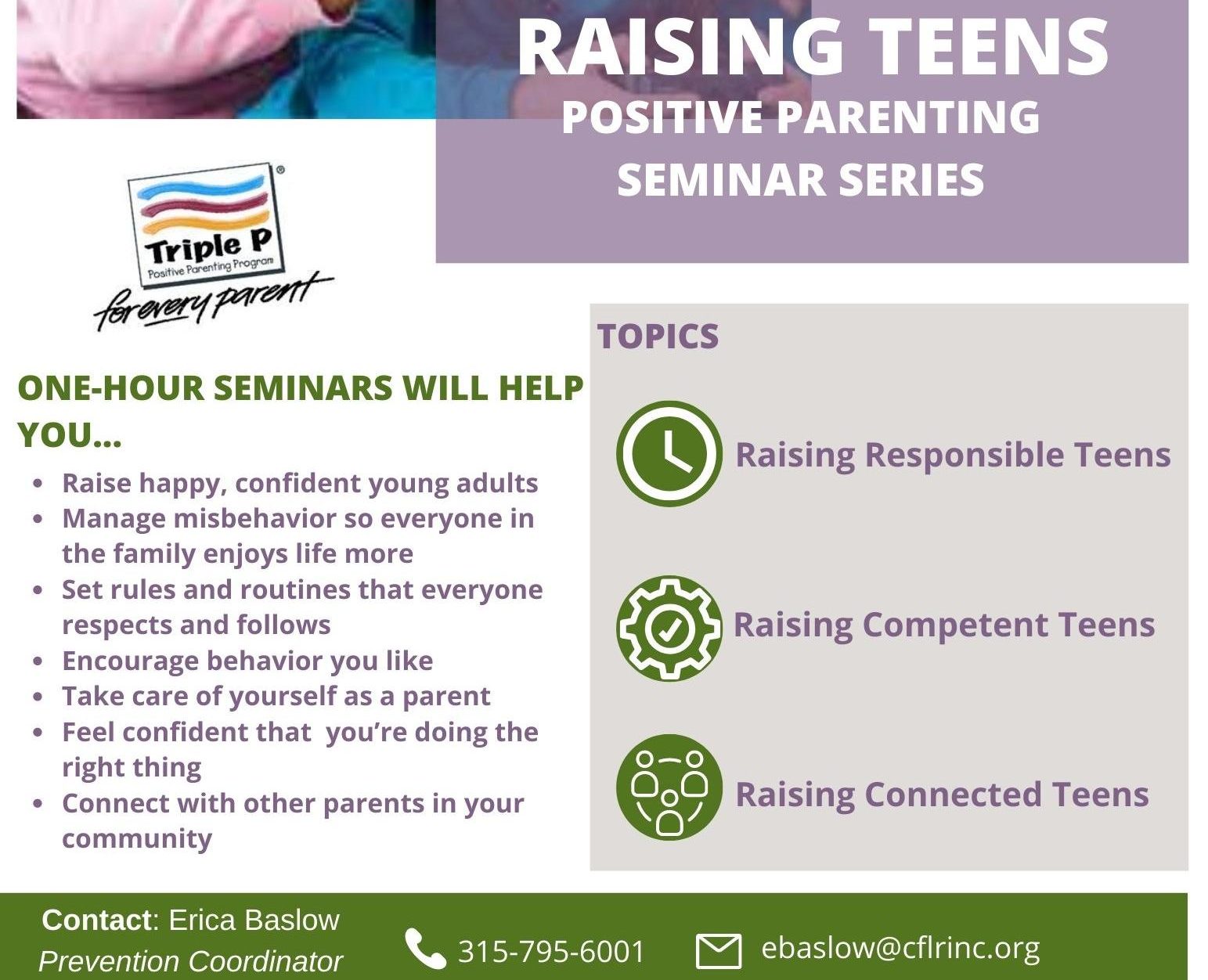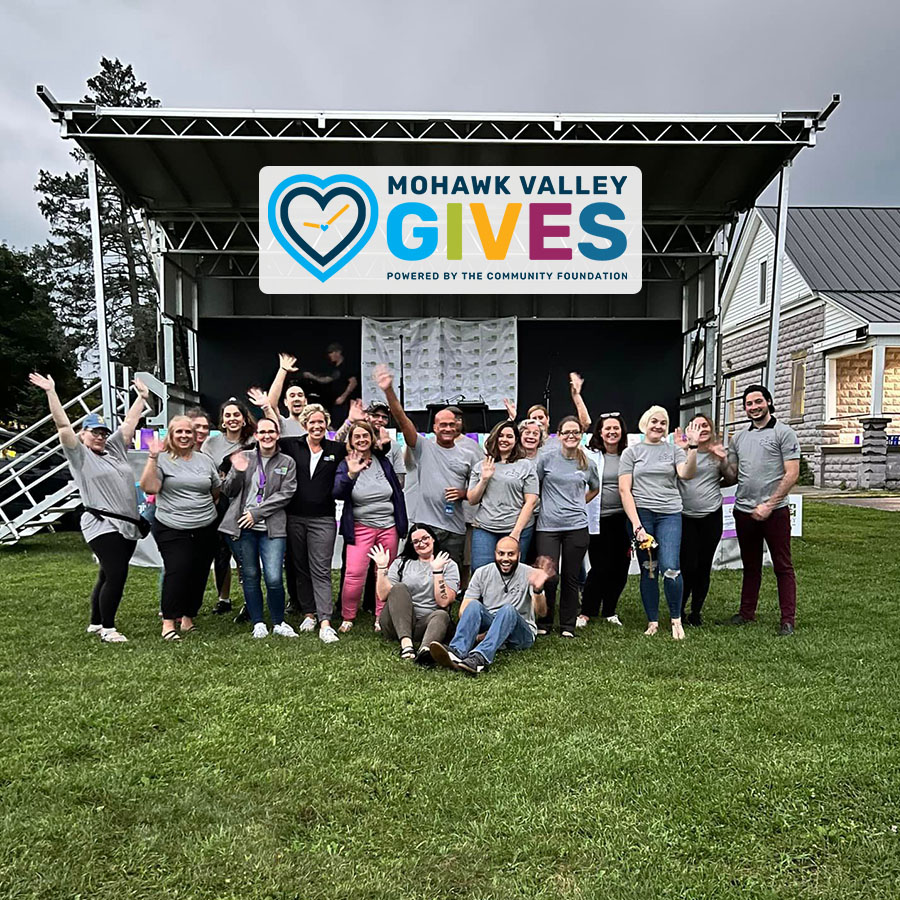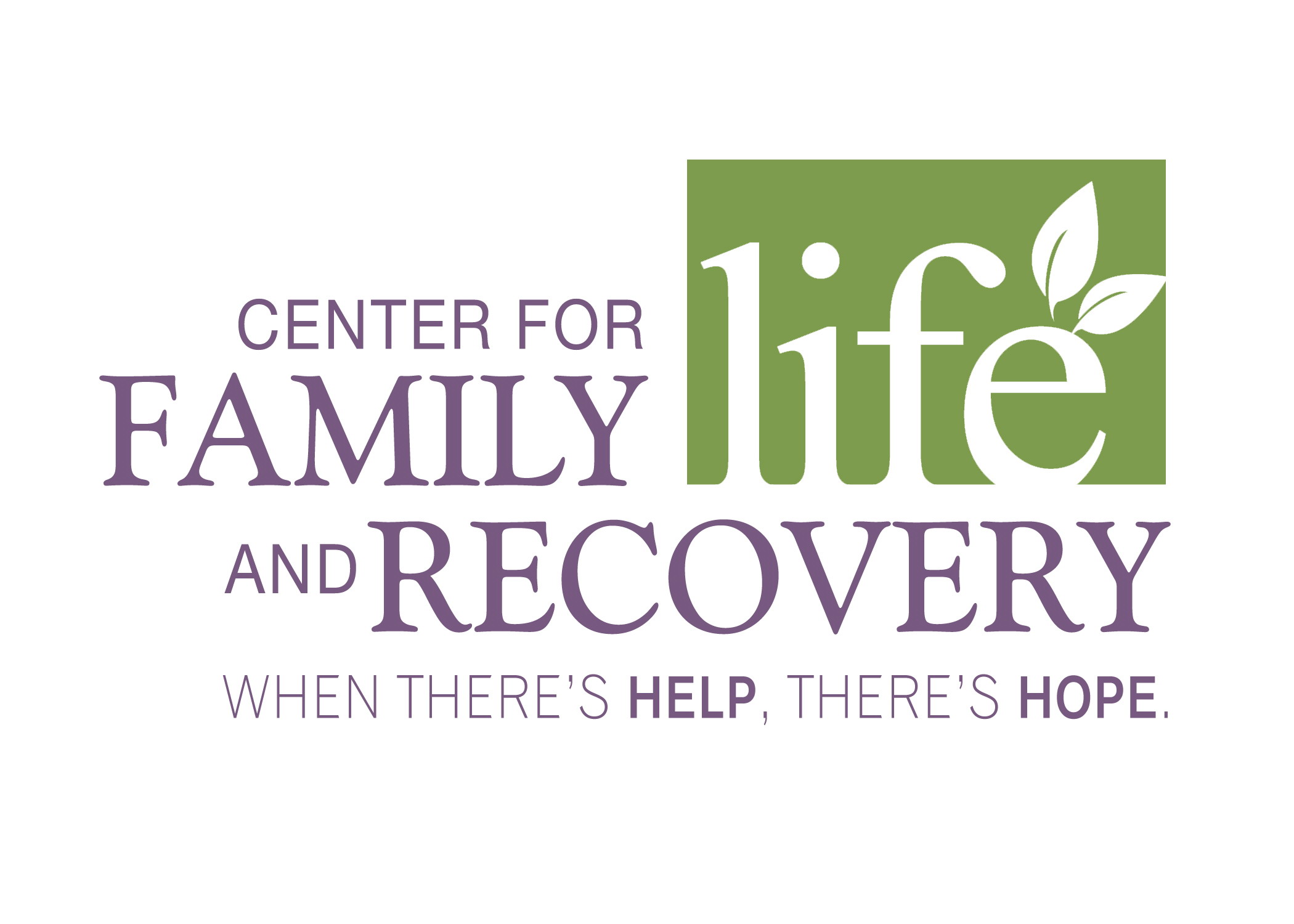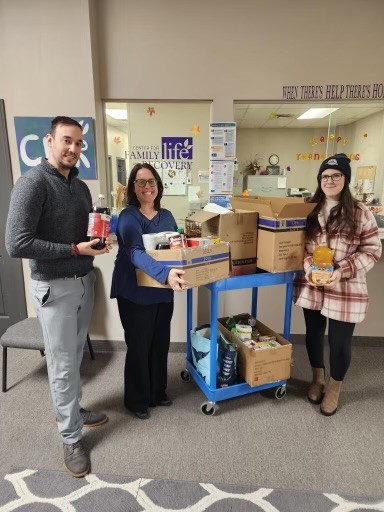 The Center for Family Life and Recovery, Inc. asked the community to help make the holiday a little brighter for families in our area. The not-for-profit organization collected monetary donations which were used to purchase food for over 40 area families to help stretch the holiday food budget. “Providing the means for families to enjoy the Thanksgiving Holiday without the financial pressure was our goal and we are grateful to the community for the support we have received.”, said Cassandra Sheets, CEO of CFLR. “Our community is very generous in providing assistance.”, Sheets observed.
The Center for Family Life and Recovery, Inc. asked the community to help make the holiday a little brighter for families in our area. The not-for-profit organization collected monetary donations which were used to purchase food for over 40 area families to help stretch the holiday food budget. “Providing the means for families to enjoy the Thanksgiving Holiday without the financial pressure was our goal and we are grateful to the community for the support we have received.”, said Cassandra Sheets, CEO of CFLR. “Our community is very generous in providing assistance.”, Sheets observed.
Businesses and organizations that helped with food collection and donations for the Food Drive were The Philip S. McDonald Police Benevolent Association, Utica Police Department, Scalzo, Zogby and Wittig, New Hartford Hannaford and many other supporters, board members and staff that donated. Food collection sites were Whitesboro Fit Body Boot Camp and PJ Green.
The Center for Family Life and Recovery, Inc. is proud to be the area’s leading expert in advocacy, prevention, counseling, and training. As a community partner, it is important to us that we continue spreading the message of help and hope to our area and with those whom we work. Offering services such as the Employee Assistance Program (EAP) supports CFLR in achieving these goals.
Along with supporting individuals and families struggling with addiction and recovery, mental health and behavioral issues, CFLR’s goal is to inspire hope, provide help, promote wellness and transform lives. The vision of CFLR is to be a leader in creating a world where people have the power to achieve and celebrate recovery. To learn more, visit www.whenthereshelpthereshope.com
